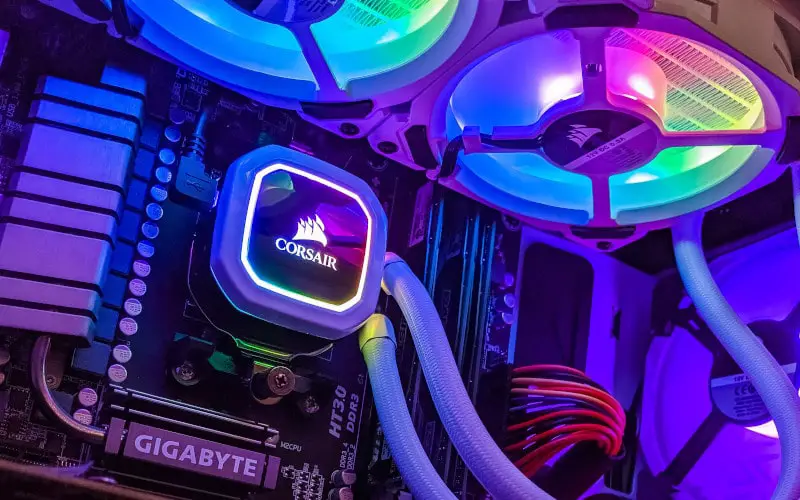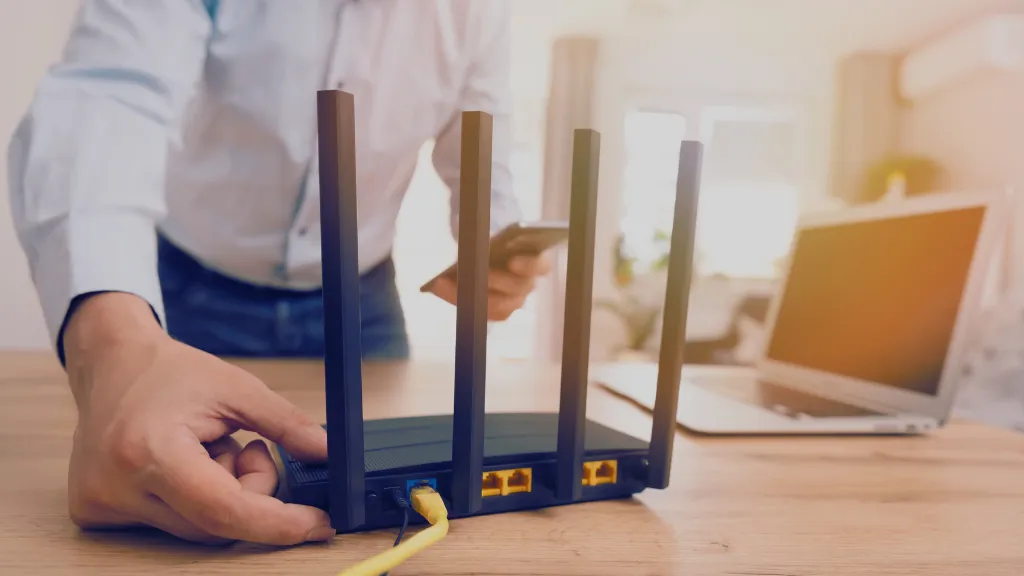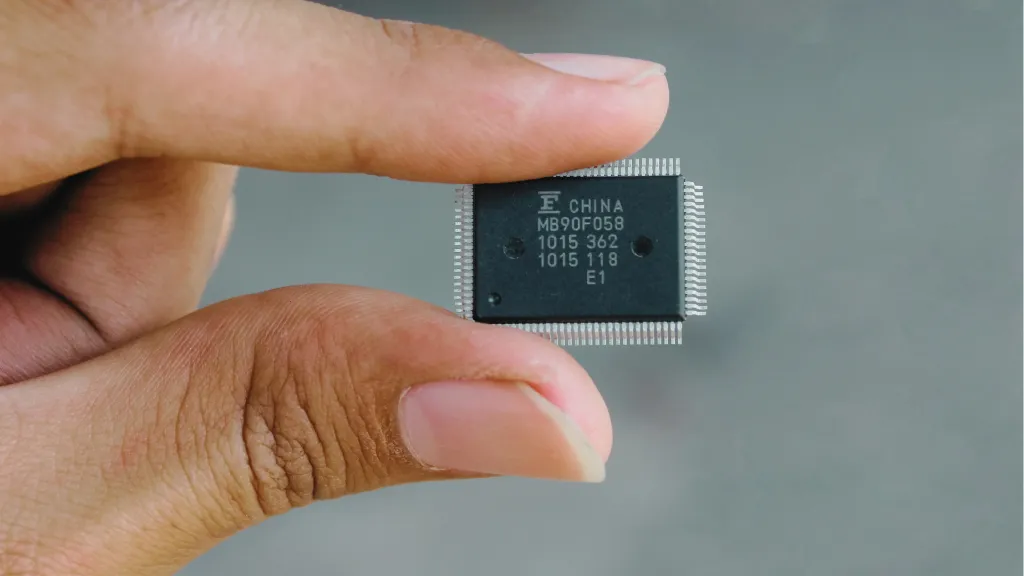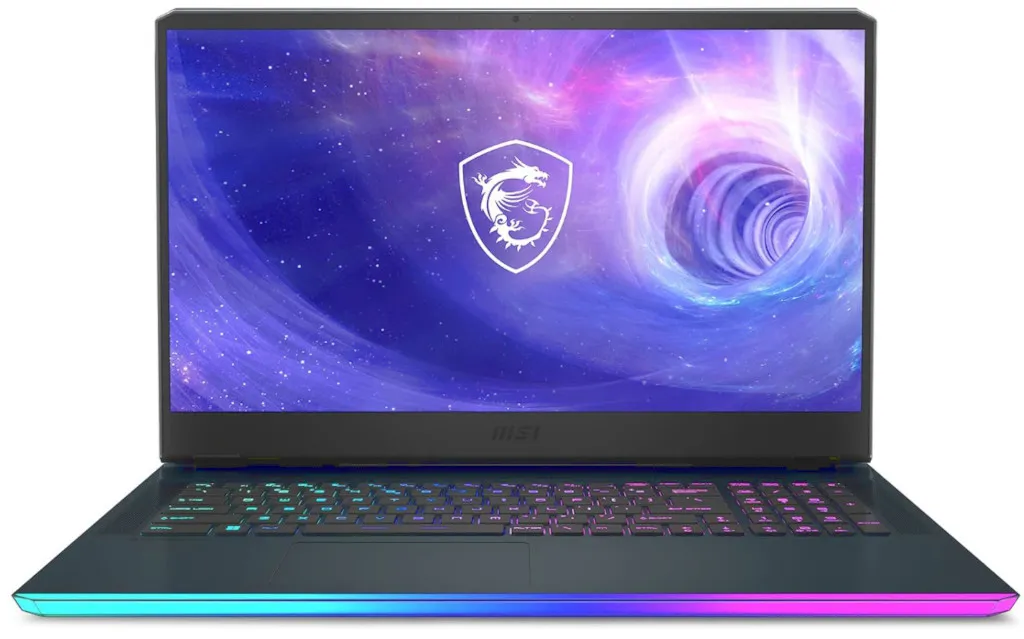Graphics cards are an important part of any PC build. They are responsible for rendering the images on your screen, and they can have a big impact on your gaming experience. So, how long do graphics cards last? And what factors influence their lifespan?
In this article, we will answer those questions and more!
How Long Do Graphics Cards Last?
A graphics card is an essential part of any gaming PC. They are responsible for rendering the images on your screen, and they can have a big impact on your gaming experience.
The lifespan of a graphics card can vary depending on a number of factors. But on average, they tend to last around 3-5 years.
What Factors Influence the Lifespan of a Graphics Card?
Temperature, stress, manufacturer, and how often you use your PC are all key factors that influence the lifespan of a graphics card. So make sure you take these into account when choosing a graphics card.
Temperature
Temperature is one of the biggest factors that affect the lifespan of a graphics card. If the card runs too hot, it can decrease its lifespan significantly. That’s why it’s important to make sure your case has good airflow and that you have a quality cooler installed.
Stress
Another important factor is the amount of stress that the card is under. If you’re running games at max settings, the card will be working harder and will wear out faster. Conversely, if you dial down the settings a bit, the card will last longer.
Manufacturer
The manufacturer is also a key factor when it comes to graphics card lifespan. Some brands are known for building cards that last longer than others. So, if you want a card that will last longer, make sure to do your research and choose a reputable brand.
How Often You Use Your PC
Finally, how often you use your PC will affect the lifespan of your graphics card. If you only use it for light gaming or browsing the web, the card will last longer than if you use it for hardcore gaming.
Do Graphics Cards Wear Out?
In short, yes. Graphics cards wear out over time. But there are a number of things you can do to prolong their lifespan.
Can a Dead GPU be Repaired?
Unfortunately, once a graphics card is dead, it’s pretty much impossible to repair. The best you can do is replace it with a new one.
How Long Do GPUs Last Before Going Obsolete?
The lifespan of a graphics card can vary depending on a number of factors. But on average, they tend to last around three to five years. However, some GPUs can last much longer. For example, the GTX 1080 was released in 2016 and is still considered one of the best cards on the market.
How Would I Know Once it Becomes Obsolete?
There are a few things you can look out for that will indicate your graphics card is becoming obsolete. One is the games you’re playing. If you’re finding that your games are starting to look dated or run poorly, it might be time for an upgrade.
Another thing to keep an eye on is the driver support from the manufacturer. If they’re no longer releasing drivers for your card, that’s a sure sign that it’s time to move on.
Is it Okay to Use Second-Hand GPU?
Using a second-hand GPU can be a great way to save money on your next upgrade. However, there are a few things you need to keep in mind. First, make sure the card is compatible with your system. Second, check the condition of the card and make sure it’s not damaged. And finally, research the manufacturer to make sure they have a good reputation.
How Often Should You Upgrade Your Graphics Card?
Ideally, you should upgrade your graphics card every 2 to 3 years. However, this will vary depending on how often you use your PC and how demanding the games you play are.
If you don’t game often, you can probably get away with upgrading your graphics card every 4 or 5 years. But if you game a lot, you may need to upgrade more often.
How Can I Prolong the Lifespan of My Graphics Card?
There are a number of things you can do to prolong the lifespan of your graphics card:
- Keep your card clean
- Make sure there is good airflow in your case
- Avoid running games at max settings
- If possible, underclock your card
- Be careful when handling the card
Can a PC Run Without a Graphics Card?
No, a PC cannot run without a graphics card. The graphics card is responsible for generating the image that is displayed on the monitor. Without a graphics card, there would be no image on the screen.
Can I Use My TV as a Monitor?
Yes, you can use your TV as a monitor. However, you will need to make sure that your TV is compatible with your graphics card. Most newer TVs should be compatible, but it’s always best to check before you make a purchase.
Is It Safe to Buy Used GPUs From Cryptocurrency Miners?
Yes, it is safe to buy used GPUs from cryptocurrency miners. However, you should inspect the card before you purchase it to make sure that it is not damaged. You should also research the manufacturer to make sure they have a good reputation.
Purchasing a used GPU from a reputable source is a great way to save money on your next graphics card upgrade.
What is the Best Graphics Card?
The best graphics card is the one that meets your needs. If you are a casual gamer, you will not need to spend as much money on a graphics card as someone who plays hardcore games.
That being said, the best graphics card on the market right now is the Gigabyte Geforce GTX 1050 Ti. It offers great performance and has some of the best features available.
Conclusion
We hope this article has answered all of your questions about graphics card lifespan. Remember, the lifespan of a graphics card can vary depending on a number of factors. But on average, they last around 3 to 5 years.
So make sure you factor that into your PC build plans!
Did you find this article helpful? Let us know in the comments below!







